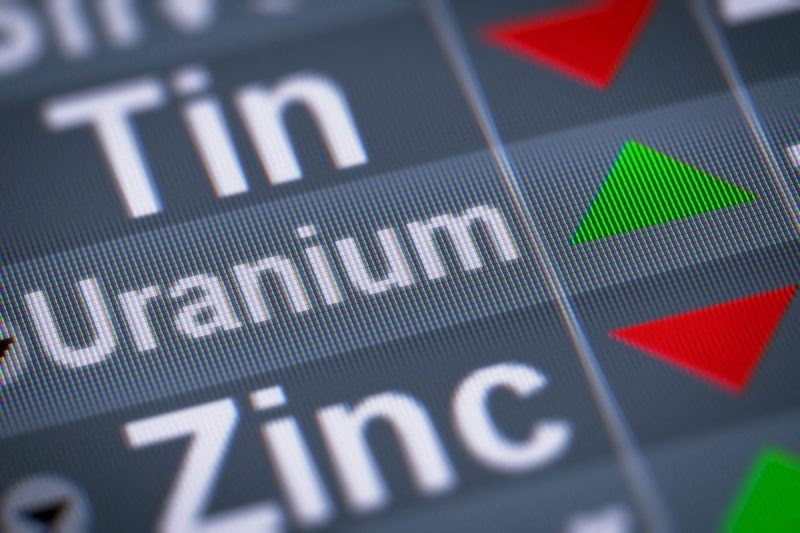Russia’s recent decision to restrict the export of US uranium has raised concerns in global markets and stirred speculation about potential repercussions for the energy industry and beyond. The move comes as a retaliatory measure against the American ban on the import of Russian uranium, reflecting the escalating tension between the two countries and the implications of this conflict on the international nuclear trade landscape.
The ban on Russian uranium imports imposed by the US earlier this year has significantly impacted the Russian nuclear industry and its export capabilities. In response, Russia’s decision to restrict US uranium exports serves as a strategic retaliatory move to protect its own interests and exert pressure on the American economy. This tit-for-tat exchange of restrictions highlights the complex dynamics of international trade relationships and the vulnerability of the global supply chain in the face of geopolitical conflicts.
The implications of the escalating trade dispute between Russia and the US extend beyond the nuclear energy sector. The restriction of uranium exports from both countries could disrupt the supply chain for nuclear power plants around the world, leading to potential shortages and price fluctuations in the market. This could have far-reaching consequences for energy security, as nuclear power plays a significant role in many countries’ energy mix and decarbonization efforts.
Furthermore, the escalation of tensions between Russia and the US in the nuclear energy sector raises broader geopolitical concerns. The use of trade restrictions as a tool for political leverage could further strain already fragile diplomatic relations and contribute to a cycle of retaliation that undermines global stability. As two major players in the nuclear industry, the actions of Russia and the US are closely watched by other countries and industry stakeholders, who are bracing for the potential ripple effects of this conflict.
In addition to the immediate impact on the nuclear energy market, the trade dispute between Russia and the US highlights the broader implications of weaponizing trade policies and the risks associated with using economic tools as weapons in political conflicts. As countries increasingly resort to trade restrictions and sanctions as a means of exerting influence and asserting power, the potential for unintended consequences and economic fallout grows, posing challenges to the existing international trade framework and the principles of free and fair trade.
In conclusion, the recent restrictions on US uranium exports by Russia in retaliation to the American ban on Russian imports underscore the growing tensions in the global nuclear energy sector and the broader implications of using trade policies as a tool for political leverage. The tit-for-tat exchange of restrictions between the two countries raises concerns about the stability of the international supply chain for nuclear fuel and the potential fallout for energy security and geopolitical relations. As the conflict between Russia and the US continues to escalate, it emphasizes the need for diplomatic dialogue and multilateral cooperation to address trade disputes and prevent further disruption to the global economy and energy markets.
